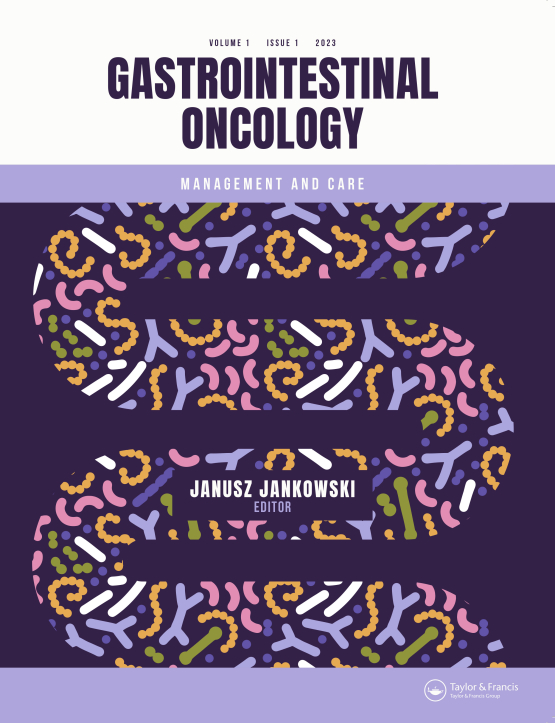Submit a Manuscript to the Journal
Gastrointestinal Oncology: Management and Care
For an Article Collection on
Artificial intelligence-driven cancer care
Manuscript deadline
31 August 2024


Article collection guest advisor(s)
Dr Raja A Ali,
Hospital Universiti Kebangsaan Malaysia, Kuala Lumpur, Malaysia
[email protected]
Dr Khanday Shifan,
Dubai Medical College for Girls, Dubai, United Arab Emirates
[email protected]
Artificial intelligence-driven cancer care
Gastrointestinal cancers are complex, with one of the many challenges being the difficulties surrounding diagnosis and treatment. The rapid adoption of Artificial Intelligence (AI) in many industries can be seen as a possible revolution to our healthcare systems and outcomes. As machine learning algorithms and medical professionals work alongside one another to benefit patients and improve treatments, we ask: how does this affect the prevention and treatment of gastrointestinal cancers?
While the use of computers and robotics may seem typical of the 21st century, we invite researchers in this field to discuss how the limitations of technology can be pushed to reach new heights with the introduction of AI to assist with cancer screening, imaging, treatment plans, drug development, surgery and other various aspects of the cancer journey. This may also include when the active treatment period ends and remission is achieved, to give patients peace of mind and provide leading care in the future. It could also be to aid prevention of disease by creating algorithms of holistic living to optimise, diet, risk factors and inherited factors.
In order to highlight the role AI will play in gastrointestinal cancers, it is important to maintain a global, open-minded perspective. This is particularly in light of the challenges faced by different healthcare centers and providers. Each methodology and insight will be valuable to uncovering
The novel technology and algorithms are certainly appreciated, however this Article Collection will also look at other digital systems that may be taken for granted, such as telehealth appointments, and how these may be useful to treat GI cancers and manage the screening and surveillance of premalignancy.
This Article Collection will solicit articles related to the following subjects. However, we welcome all submissions related to the umbrella topic of machine learning and the use of technology in cancer diagnostics, imaging and treatment:
- Value of AI for cancer prediction, diagnostics and treatment, including digital twins, analysis of population-level cancer data, other types of machine learning, and influence of technology on personalized treatments
- Assistance with making population-level changes adapted to each individual and associated genetic and lifestyle information
- Impacts of AI for patient education and engagement
- Computer-driven treatments including adaptive radiotherapy, surgeries using robotics, CRISPR gene editing therapy and CAR-T immunotherapy, high-throughput drug screen systems
- Ethical considerations for the use of AI in healthcare settings (e.g., data privacy, consent, responsible use) and mitigation strategies for potential biases
- Benefits and challenges of telehealth appointments for cancer care
- Use of AI and technology in gastrointestinal cancer drug manufacturing and research
Instructions for Authors
The following Article Types will be considered: Research Article, Review Article, Case Report, Registered Report, Data Note, Method, Article Commentary, Patient Perspectives, and Plain Language Summary.
When submitting your article, please select the Article Collection, ‘Artificial intelligence-driven cancer care’ from the drop-down menu on the submission system.
Benefits of publishing open access within Taylor & Francis
Global marketing and publicity, ensuring your research reaches the people you want it to.
Article Collections bring together the latest research on hot topics from influential researchers across the globe.
Rigorous peer review for every open access article.
Rapid online publication allowing you to share your work quickly.
Looking to Publish your Research?
Find out how to publish your research open access with Taylor & Francis Group.
Choose open accessSubmission Instructions
All manuscripts submitted to this Article Collection will undergo desk assessment and peer-review as part of our standard editorial process. Guest Advisors for this collection will not be involved in peer-reviewing manuscripts unless they are an existing member of the Editorial Board. Please review the journal Aims and Scope and author submission instructions prior to submitting a manuscript.